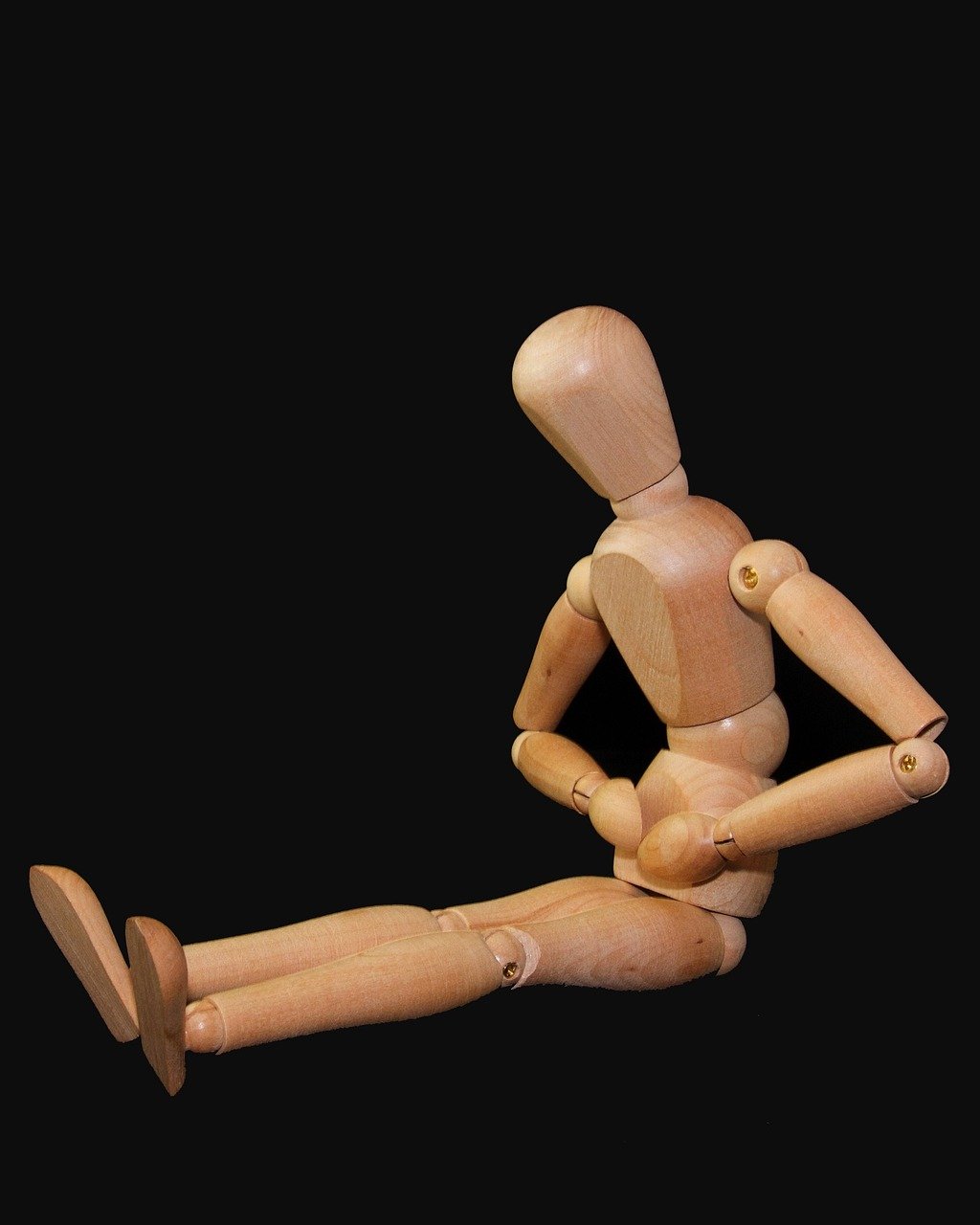Irritable bowel syndrome, also known as IBS, is a functional gastrointestinal tract disorder that stands apart from other gastrointestinal tract diseases. There is no diagnostic test to accurately say that it is an irritable bowel syndrome, so your doctor needs to rule out other diseases such as coeliac disease or inflamatory bowel disease to diagnose IBS. Such diseases, where no apparent cause or diagnostic method exists, stress out doctors because you want to help the patient; you do not want to miss out on a more serious problem; however, you cannot easily help the patient.
What causes irritable bowel syndrome?
As I mentioned above, there is no specific cause for this syndrome. This disease is associated with too slow or too intense food motility (passing through your gut), oversensitive gut nerves, stress, or a family history of irritable bowel syndrome.
Other sources conclude that it may be associated with cramps in the intestinal walls when bowel contents, stool, or gas are passing through or distending them.
On the other hand, it can develop after an intensive viral or bacterial gastrointestinal infection.
Lastly, one of the causes can be a changed gut microbiome. When some other bacteria spread out in the intestines, it may cause irritable bowel syndrome.
Usually, the symptoms manifest in the early stages of life, around the age of 30.
I may not have listed all potential causes, but it's important to understand that when there's no clear cause, the true cause remains unknown. We call this disease a syndrome because it is a collection of symptoms associated with various causes.
What are the symptoms of irritable bowel syndrome?
- Comfort or pain in the abdomen
- Bloating or distension of the belly, resulting in an abundance of gas
- Constipation replaces episodes of diarrhea, leading to irregular defecation.

- Trobouled defecation
- Feces contain some mucus.
- A feeling of incomplete defecation.
- Gas accumulation in the gut can cause abdominal pain. Gas accumulation in the gut can cause sharp, spasmodic pain, or discomfort.
Diagnostics of irritable bowel syndrome:
As I mentioned before, there is no specific diagnostic test to diagnose this condition, so basically you need to rule out other more serious conditions that may cause IBS. Your doctor will diagnose IBS based on the following criteria if they reject organic bowel disorder causes.
The Rome IV criteria (1) for IBS are used as follows:
Recurrent abdominal pain on average at least 1 day/week in the last 3 months, associated with two or more of the following criteria:
- Related to defecation
- Associated with a change in frequency of stool
- Associated with a change in form (appearance) of stool
We need to diagnose the next IBS subtype, which includes IBS with predominant constipation, IBS with predominant diarrhoea, IBS with mixed bowel habits, and IBS unclassified.
Treatment
As suggested, this is a functional disorder, so a person with it must learn how to live with it because there is no one magic potion to cure the disease. The treatment usually follows a symptomatic approach, allowing the patient to select the most effective course of action.
You can use simethicone to ease the passage of gas. Cumin or fennel tea, in addition to being a tasty tea, may alleviate the problems associated with gas accumulation. Additionally, you can incorporate some chamomile into your tea.
For diarrhoea, talk with your doctor about what is the best drug to use for longer periods. And here are a few home remedies to help you cope with diarrhea:
Hydration: Use Oral Rehydration Solution (ORS) to prevent dehydration.
- Clear Fluids: Consume water, clear broths, and herbal teas.
- BRAT Diet: For potassium replacement and stool firming, consume bananas, rice, applesauce, and toast.
- Probiotics: Consume yoghurt and probiotic supplements for gut bacteria balance and replenishment.
- Ginger: Boil fresh ginger in water, strain, and drink to soothe the digestive tract and reduce inflammation.
- Chamomile Tea: Anti-inflammatory properties relax intestine muscles and reduce spasms.
- Avoid certain foods: Dairy, high-fat foods, caffeine, and alcohol can aggravate diarrhea.

Constipation presents a challenging decision due to the colon's potential addiction to laxatives. This means that after using laxatives for extended periods, you may find yourself in a situation where you are unable to use laxatives or an enema to relieve constipation. What does not cause such problems? Water and fiber. If you are experiencing symptoms of constipation, it is recommended that you consume adequate fluids (at least 2 litres per day) and incorporate sufficient fibre into your diet. Plantago ovata is a source of beneficial fiber. They are pure fibre; they absorb much water and increase the volume of the stool. The best part is that they do not cause addiction.
Finally, I would like to discuss how a PubMed study suggests it can help with irritable bowel syndrome.
- Norwegian scientists conducted a large meta-analysis of 35 studies from 2019 and found that using multi-strain probiotics can improve symptoms. Additionally, probiotics should be used for 8 weeks or more to see improvement of symptoms (2).
- Another meta-analysis from China found that the Bacillus coagulans strain had a positive effect in treating IBS patients. So maybe if you're looking for probiotics, try this bacteria.
- A Cochrane scientific group looked into what physical activity may do to IBS patients. The authors concluded that "physical activity, such as yoga, treadmill exercise, or support to increase physical activity, may improve symptoms but not quality of life or abdominal pain." However, studies are low volume and inconclusive, so it is very difficult to conclude if physical activity could help (3).
- Research has proven the effectiveness of multiple psychological therapies in treating irritable bowel syndrome (IBS), with no therapy demonstrating superiority over others. Cognitive-behavioural therapy (CBT)-based therapies and gut-directed hypnotherapy have the most extensive body of data and are the most effective in the long run. (4)
References:
1. Rome IV Criteria [Internet]. Rome Foundation. [cited 2024 Aug 13]. Available from: https://theromefoundation.org/rome-iv/rome-iv-criteria/
2. Dale HF, Rasmussen SH, Asiller ÖÖ, Lied GA. Probiotics in Irritable Bowel Syndrome: An Up-to-Date Systematic Review. Nutrients. 2019 Sep 2;11(9):2048.
3. Nunan D, Cai T, Gardener AD, Ordóñez-Mena JM, Roberts NW, Thomas ET, et al. Physical activity for treatment of irritable bowel syndrome. Cochrane Database Syst Rev. 2022 Jun 29;6(6):CD011497.
4. Black CJ, Thakur ER, Houghton LA, Quigley EMM, Moayyedi P, Ford AC. Efficacy of psychological therapies for irritable bowel syndrome: systematic review and network meta-analysis. Gut. 2020 Aug;69(8):1441–51.

